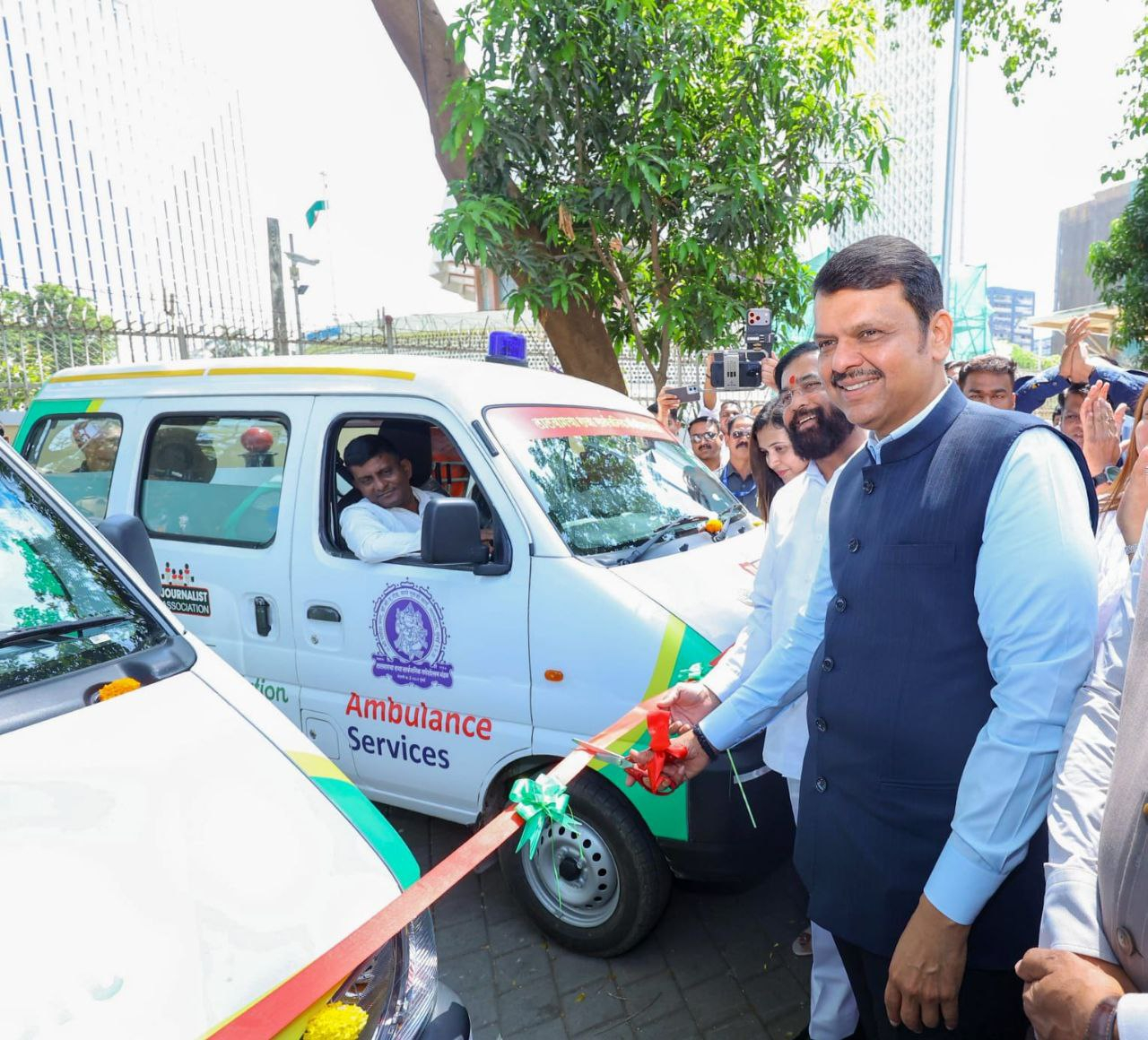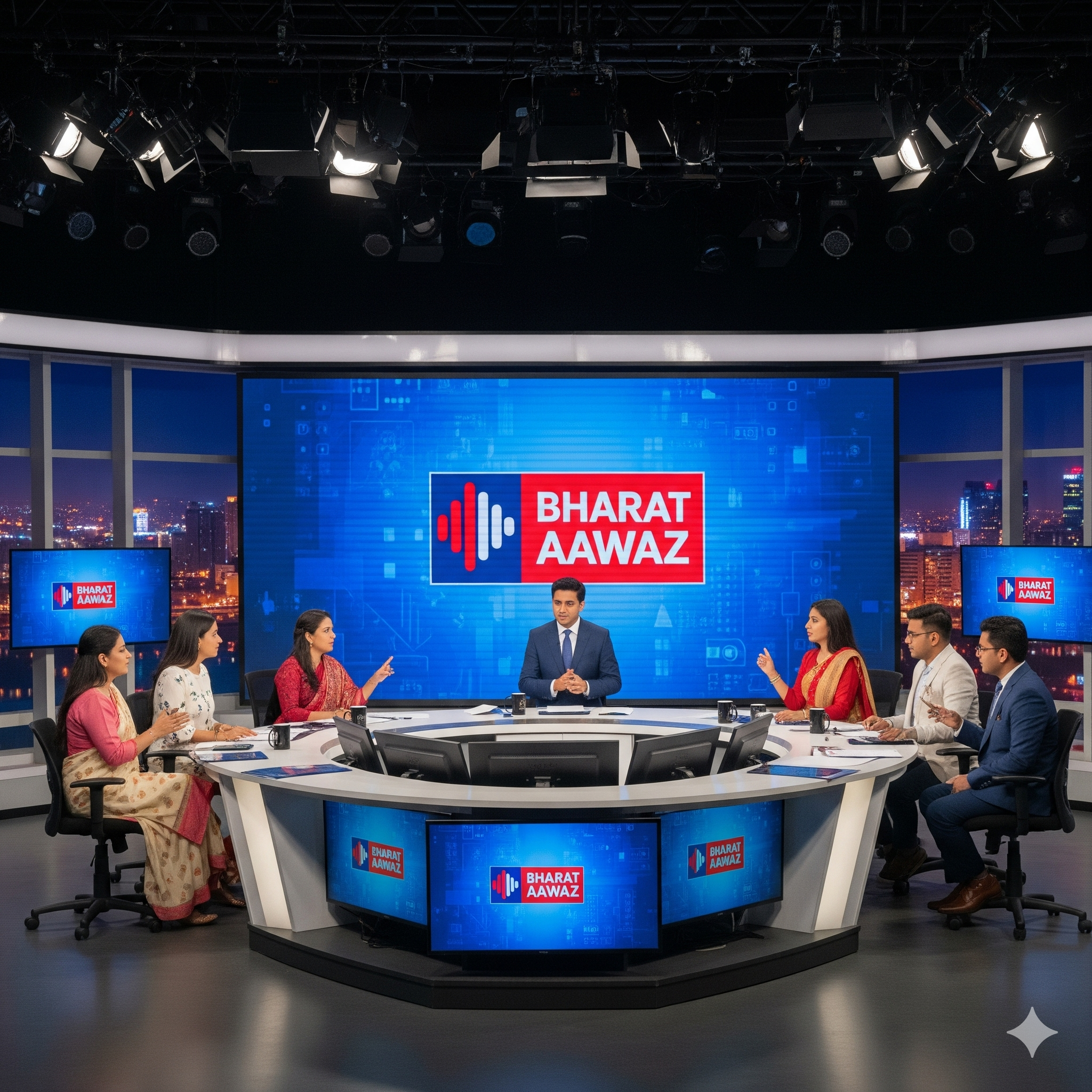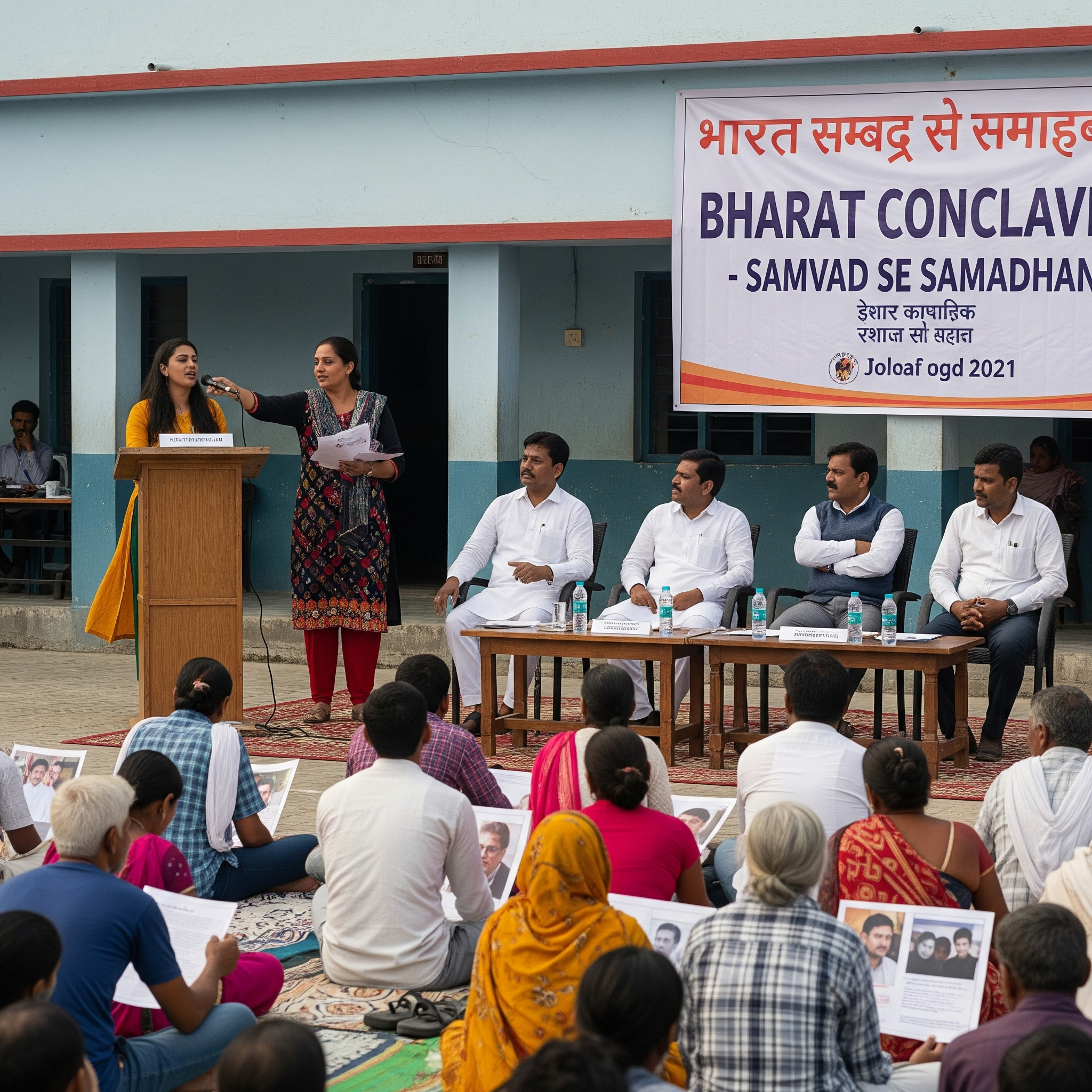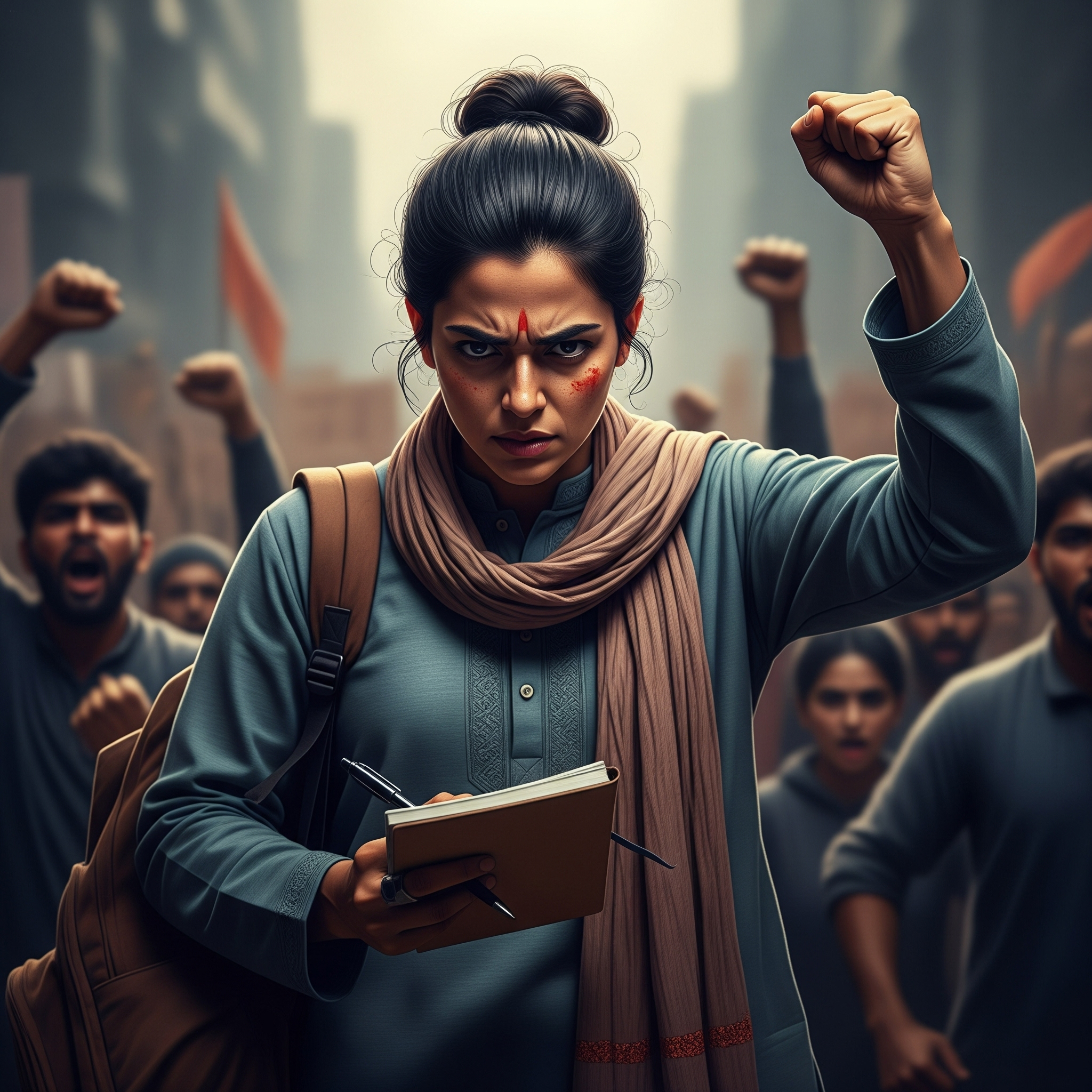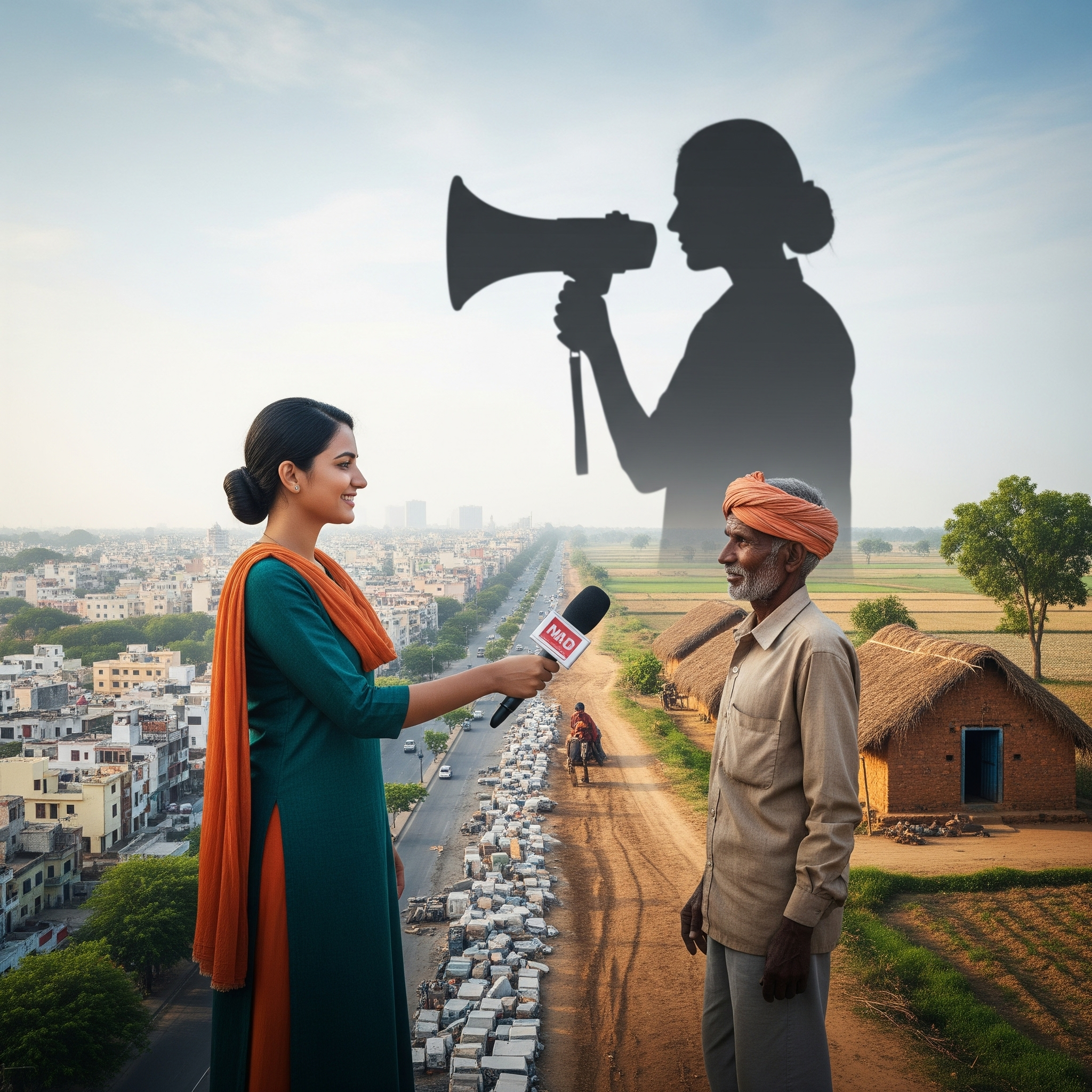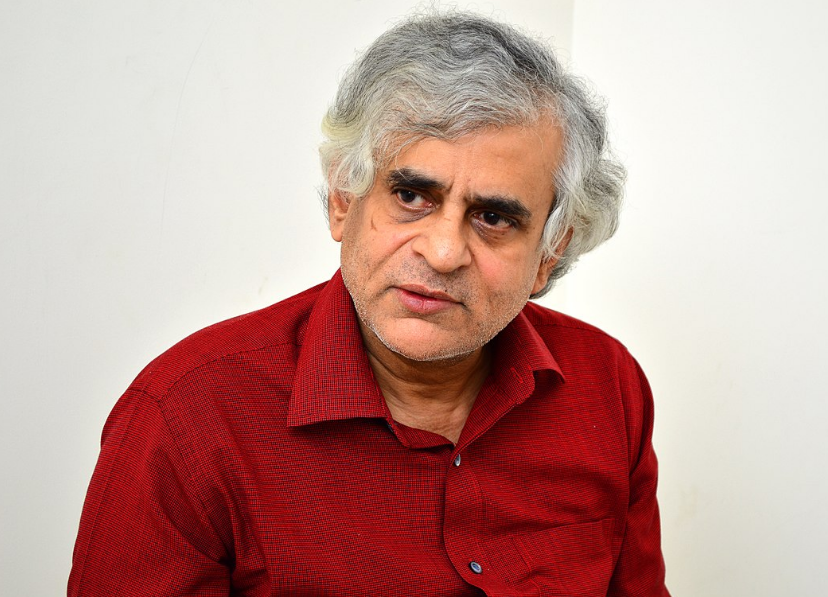Maharashtra CM Devendra Fadnavis Inaugurates Ambulances for TV Journalists Association
MUMBAI: In a significant move toward ensuring the health and safety of media professionals, Maharashtra Chief Minister Devendra Fadnavis officially inaugurated a new fleet of ambulances for the 'TV Journalist Association, Maharashtra'.
The event, held in the presence of high-ranking state officials, underscores the government's recognition of the high-pressure environment in which broadcast journalists operate. Recognizing that "news never stops," the initiative aims to provide immediate medical assistance and emergency transit for journalists across the state.
Dignitaries in Attendance
The inauguration ceremony was a high-profile affair, attended by several key leaders of the state administration, including:
Eknath Shinde, Deputy Chief Minister
Prakash Abitkar, Minister
Pratap Sarnaik, Minister
Bharat Gogawale, Minister
A Commitment to the 'Fourth Pillar'
Speaking at the event, CM Devendra Fadnavis highlighted the tireless efforts of TV journalists who often work in challenging conditions to keep the public informed. He noted that providing dedicated medical infrastructure for the association is a step toward safeguarding those who serve as the "fourth pillar" of democracy.
Deputy CM Eknath Shinde also lauded the initiative, stating that the health of media workers is a priority for the government, especially given the unpredictable nature of field reporting.
The Role of the TV Journalist Association
The TV Journalist Association, Maharashtra, has been active in advocating for the welfare of its members. The addition of these ambulances is expected to significantly reduce emergency response times for journalists stationed in both urban hubs and remote reporting locations.
The event concluded with the ministers interacting with members of the association and reaffirming their support for future welfare projects aimed at the media fraternity.
MUMBAI: In a significant move toward ensuring the health and safety of media professionals, Maharashtra Chief Minister Devendra Fadnavis officially inaugurated a new fleet of ambulances for the 'TV Journalist Association, Maharashtra'.
The event, held in the presence of high-ranking state officials, underscores the government's recognition of the high-pressure environment in which broadcast journalists operate. Recognizing that "news never stops," the initiative aims to provide immediate medical assistance and emergency transit for journalists across the state.
Dignitaries in Attendance
The inauguration ceremony was a high-profile affair, attended by several key leaders of the state administration, including:
Eknath Shinde, Deputy Chief Minister
Prakash Abitkar, Minister
Pratap Sarnaik, Minister
Bharat Gogawale, Minister
A Commitment to the 'Fourth Pillar'
Speaking at the event, CM Devendra Fadnavis highlighted the tireless efforts of TV journalists who often work in challenging conditions to keep the public informed. He noted that providing dedicated medical infrastructure for the association is a step toward safeguarding those who serve as the "fourth pillar" of democracy.
Deputy CM Eknath Shinde also lauded the initiative, stating that the health of media workers is a priority for the government, especially given the unpredictable nature of field reporting.
The Role of the TV Journalist Association
The TV Journalist Association, Maharashtra, has been active in advocating for the welfare of its members. The addition of these ambulances is expected to significantly reduce emergency response times for journalists stationed in both urban hubs and remote reporting locations.
The event concluded with the ministers interacting with members of the association and reaffirming their support for future welfare projects aimed at the media fraternity.
Maharashtra CM Devendra Fadnavis Inaugurates Ambulances for TV Journalists Association
MUMBAI: In a significant move toward ensuring the health and safety of media professionals, Maharashtra Chief Minister Devendra Fadnavis officially inaugurated a new fleet of ambulances for the 'TV Journalist Association, Maharashtra'.
The event, held in the presence of high-ranking state officials, underscores the government's recognition of the high-pressure environment in which broadcast journalists operate. Recognizing that "news never stops," the initiative aims to provide immediate medical assistance and emergency transit for journalists across the state.
Dignitaries in Attendance
The inauguration ceremony was a high-profile affair, attended by several key leaders of the state administration, including:
Eknath Shinde, Deputy Chief Minister
Prakash Abitkar, Minister
Pratap Sarnaik, Minister
Bharat Gogawale, Minister
A Commitment to the 'Fourth Pillar'
Speaking at the event, CM Devendra Fadnavis highlighted the tireless efforts of TV journalists who often work in challenging conditions to keep the public informed. He noted that providing dedicated medical infrastructure for the association is a step toward safeguarding those who serve as the "fourth pillar" of democracy.
Deputy CM Eknath Shinde also lauded the initiative, stating that the health of media workers is a priority for the government, especially given the unpredictable nature of field reporting.
The Role of the TV Journalist Association
The TV Journalist Association, Maharashtra, has been active in advocating for the welfare of its members. The addition of these ambulances is expected to significantly reduce emergency response times for journalists stationed in both urban hubs and remote reporting locations.
The event concluded with the ministers interacting with members of the association and reaffirming their support for future welfare projects aimed at the media fraternity.
0 Comments
0 Shares
28 Views
0 Reviews




